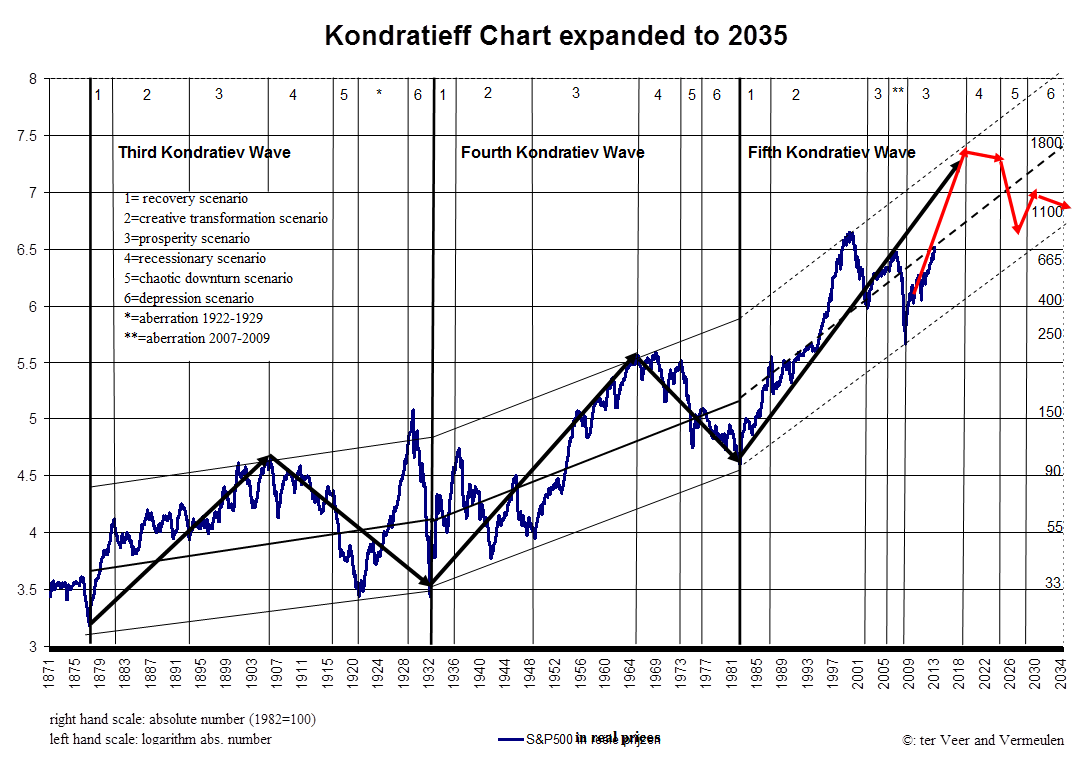
The pessimists of this cruel world of deleveraging are in despair when they have to stomach the big rises of the equity markets in the past months, while it is so obvious that the Maya’s are right that the world will end soon.
That retarded belief that the three year deposits of the ECB will solve all the problems of Europe has to be brought back to real proportions. Tons of liquidity are not leading to a gram of better solvability
The probability that Greece will have to say goodbye to the Euro zone is growing hand over hand. In Germany, the Netherlands and Finland the call is becoming louder and louder that the Greek no longer should delay their bankruptcy, the delay makes things even worse. Finland will start getting collateral from the four biggest Greek banks as is agreed. In Greece they will first start to do nothing for a while after the elections also by lack of something that will resemble like a government. The debt/GDP ratio is rising merciless mainly because of the collapse of the GDP: that is already 17.2% lower than the top.
In Iran the situation deteriorates by the day. Iran is training Al Qaida according to agreements of 2009 so they can attack a bit more in a professional way, even while the attack in Thailand was somewhat clunsy (losing your legs because the bomb fell back in the own car instead on Israeli diplomats) (Sky News' intelligence sources have said Iran has been supplying al Qaeda with training in the use of advanced
explosives, "some funding and a safe haven" as part of a deal first worked out in 2009 which
has now led to "operational capacity". http://bit.ly/zc50iN).
The markt is way to positive about the solvability of European banks, they need tons of new capital to be only a shred believable as a solvent institution. Tighter regulation, Basel 3 is making life difficult for banks and new governments even ask for more provisions so new disappointments are in the making. Spain called for new provisions of its banks and also in other countries that is popular, especially when you don’t know the value of real estate that in wild dreams was enough as collateral for financing of speculators.
In the Eurozone the recession is staring to become really onerous in Southern Europe and Estland and now Belgium and especially the Netherlands are doing very poorly. This is triggering more austerity and creating a very long recession.
In China the equity market has been one of the worst in the world in the past year and that is what you deserve when real estate speculation is rampant, capex is bigger than consumption, you are too much dependent on exports to e.g. Europe, credit growth is being killed, you allow speculators paradises like Wenzhou and ghost towns in Outer Mongolia.
The problem is that the Chinese stock market is such an excellent forecaster of the US market, see the chart of The Reformed Broker. So, the pessimists must have somewhat more patience and everything will be great for them, when we are somewhat unlucky...


















































